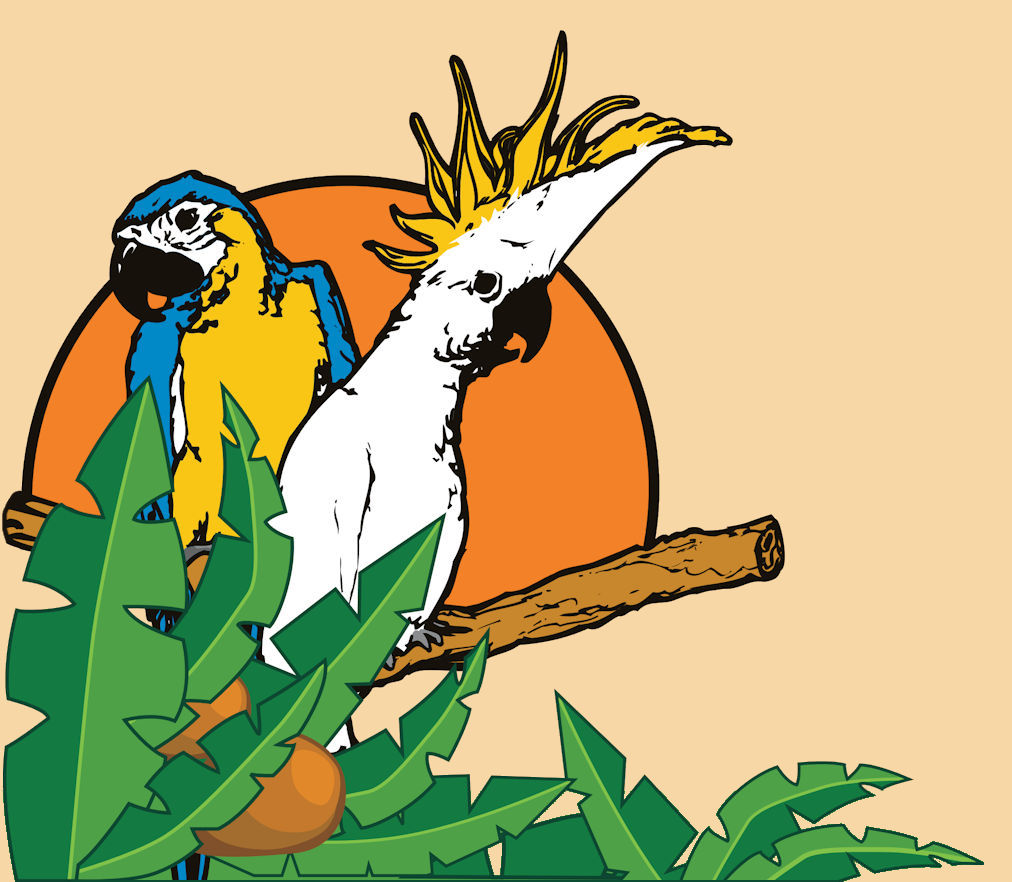Have you every changed your birds’ water dish only to find it cloudy with with pellets, food, and bits of toy floating around an hour later? Or maybe you’ve watched your parrot drop food in its water? You are not alone. Many owners refer to this as “Birdy Soup” and quite a few species do this- particularly conures, caiques, eclectus, and cockatoos.
Some birds take food over piece by piece, others by the mouthful. Some birds eat the food right away, other let it soak and expand. One idea behind this behavior is that the water softens the foods, making large pieces easier to swallow and less abrasive as they don’t have saliva like humans do to help coat food and move it down their esophagus.
Many birds are observed doing this even with soft fruits and vegetables, leading some to suggest it is for cleaning purposes.
It could be a learned behavior and some birds just enjoy the new taste or texture!
Because food and pellets spoil when wet, it is important to change the water frequently if you have a parrot that makes “soup”. The natural sugars can encourage bacterial growth causing it to foul drinking water over the course of a day.
